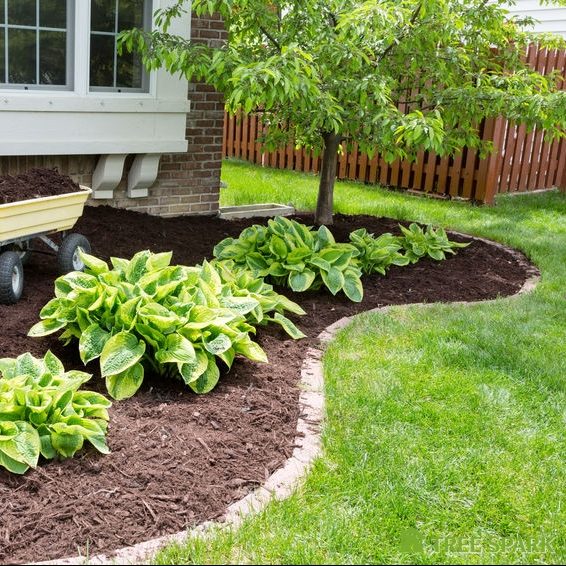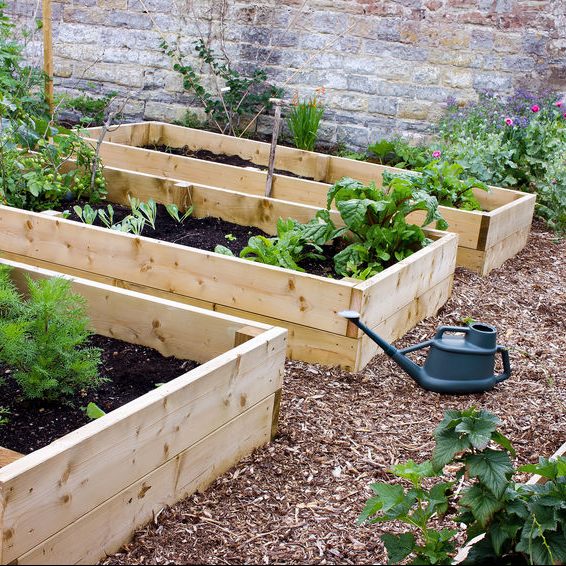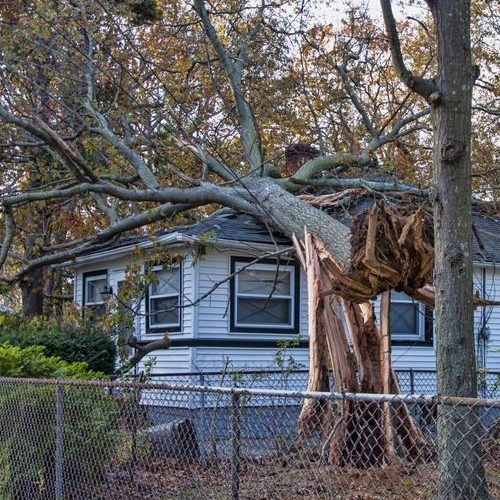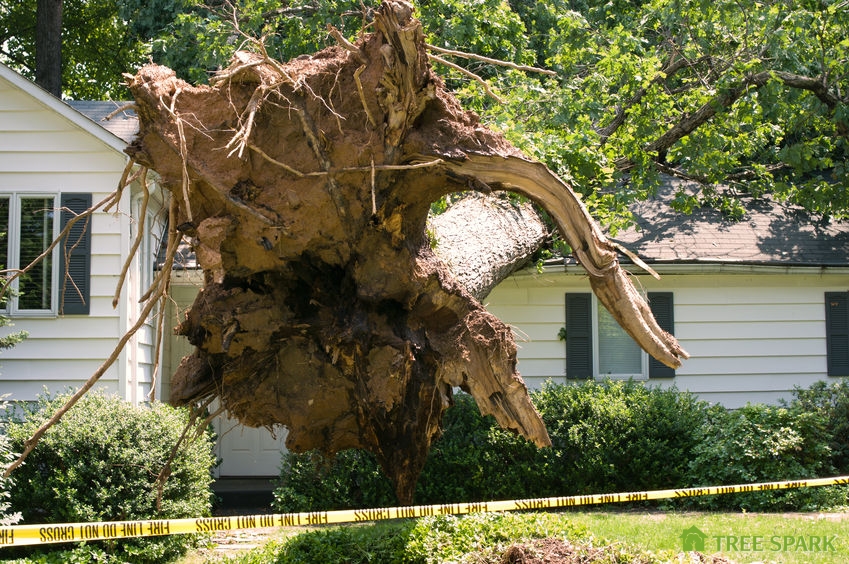
What is the meaning of mulching in agriculture?
The process of mulching is likely something that you have heard of but you may not be familiar with how it works. It is a practice that can protect not only your garden and lawn, but also your home. The process is relatively simple, but it must be done properly. This article will tell you all about what is actually is, as well as the benefits and disadvantages of using mulch.
Mulching is a process where you place a material on the ground to cover a certain area, which helps to insulate and protect the ground. Some materials that are used include small chips of wood, hulls of ground up nuts, and in some cases, even plastic. The course of action involves laying the material in a layer on the ground evenly. It is something that should be done once a year or so, but if done properly, it can be every 2 years.
What is mulch used for?
There are a variety of reasons why someone may use mulch around their home. One is to protect plants, in order to help them grow. Another is to keep crops from freezing. However, many people rely on mulching to kill weeds. You can lay down the mulch at your home by yourself, or you can choose a company for your mulching needs.

What are the benefits of mulching?
If you find yourself wondering what the benefits of mulching are, they are numerous. Here are some of the advantages to mulching.
Benefits of Mulching
- Prevents water from leaving soil. When you place the proper amount of mulch on the ground, it can keep you from losing water in the soil. This allows the ground to stay wet enough for things to grow. You will likely have to water less often and plants are less likely to die.
- Helps with erosion. If the ground is already wet, it helps the water stay where it is. Mulch keeps water from running around your entire yard or damaging your property, not to mention wreck your whole garden.
- Helps with nutrient retention. Mulch usually consists of natural materials, it breaks down and releases nutrients into the soil. This is great food for your crops and makes them more likely to grow.
- Keeps ground warm. It is also a great ground insulator. Even if you live in a warmer climate, the ground can get cold. It protects in the case of sudden changes in temperature as well.
- Creates a happy ecosystem. Since it allows nutrients to reach the soil, this is good for things besides just the plants. In other words, mulching is helpful in creating an ecosystem where useful bugs and worms want to be as well. This is crucial for the growing process to be successful.
What are the disadvantages of mulching?
You can’t talk about the advantages without talking about the bad things that are associated with mulching.
Disadvantages of Mulching
- Can be costly. Keeping enough mulch around your house at all times can be costly at times. You may have to focus on specific areas to ensure that you aren’t wasting any money. You can also buy your mulch at certain times of the year, like the spring, to save money.
- May invite pests into your yard. Sometimes pests like to be near mulch. If you don’t have pests, such as moles, in your garden, it may invite them to come in.
- Might cause you to get weeds. Depending on what material you use, you may get weeds that you have never seen before. This is especially likely to happen if you are intent on mulching without weeding first.
- Some mulch can hurt your soil. Some types of mulch may be counterproductive for maintaining your soil. It can take the nutrients out of the soil and make it inhospitable for plant life.
What is the best mulch to use?
The best type of mulch for your needs depends on what material you want to use. There are organic types and options that include different types of materials, including cedar, nutshells, and straw. You should check out your favorite online retailer or Amazon for some of the most popular types out there. Look for something that is available at a reasonable price and offers a lot of material for the amount.
Can I mulch myself or should I get help?
Anyone that wants to is able to mulch their yard themselves, but it may make more sense to get someone to help you. Then you will know the process has been done correctly. For example, if a professional helps, mulching should be able to protect you better than doing by yourself. In the case of something like a plumbing leak, you’ll want that extra protection for your yard. Moreover, after a company helps you with your yard, it will be easier to maintain in the future.
On the other hand, if you want to do it yourself, and want to keep doing it, there are cost effective options out there. You can recycle old trees you don’t want in your yard by purchasing a mulcher and then you won’t have to pay for bags of mulch anymore. Just be sure to get a mulching cover to go on top of the machine, so it will last longer and stay looking good.
Since mulch should be applied every year or just about every year to your yard, it is important that you know why it should be done. When placed properly, it has advantages that far outweigh the bad things. It is easy to do and will have your yard looking good for years to come. There is even great help you can count on, if you don’t want to do if yourself. If you need assistance with mulching in Fort Worth, TX, you can call Tree Spark at (817) 717-7737. They know what they are doing, and can help you right away!


